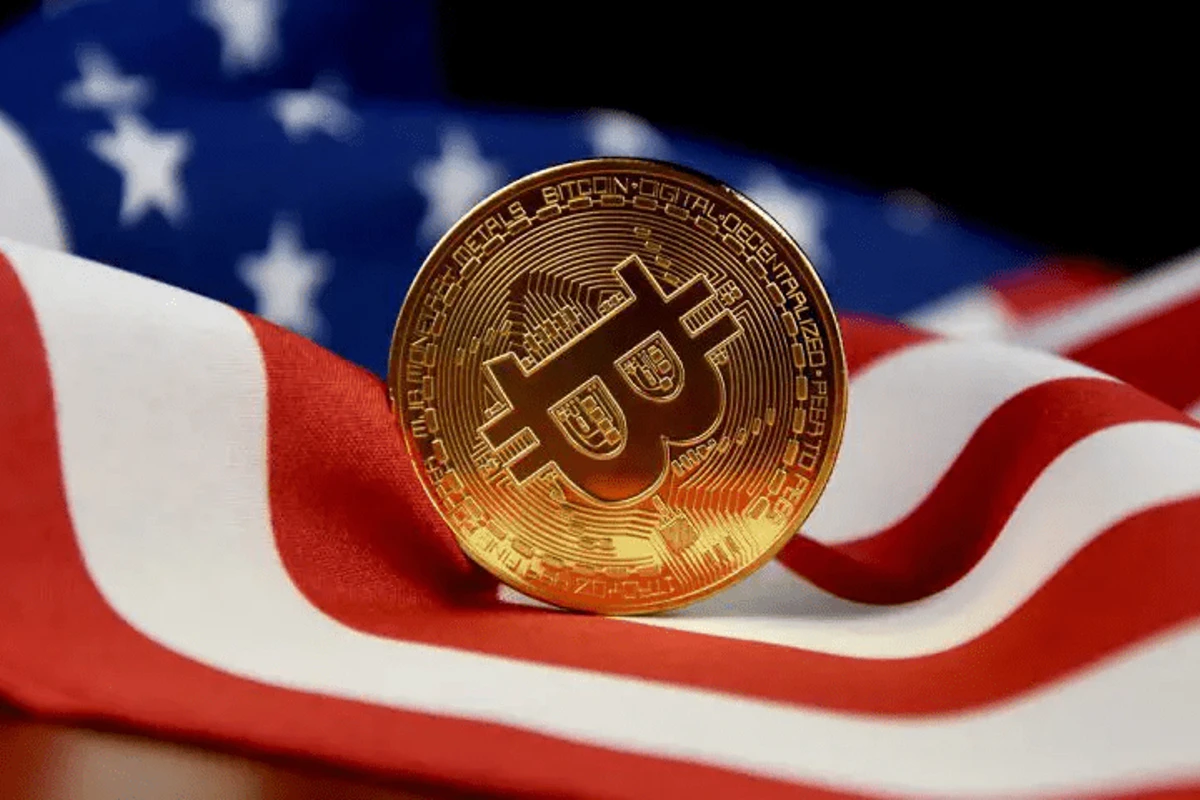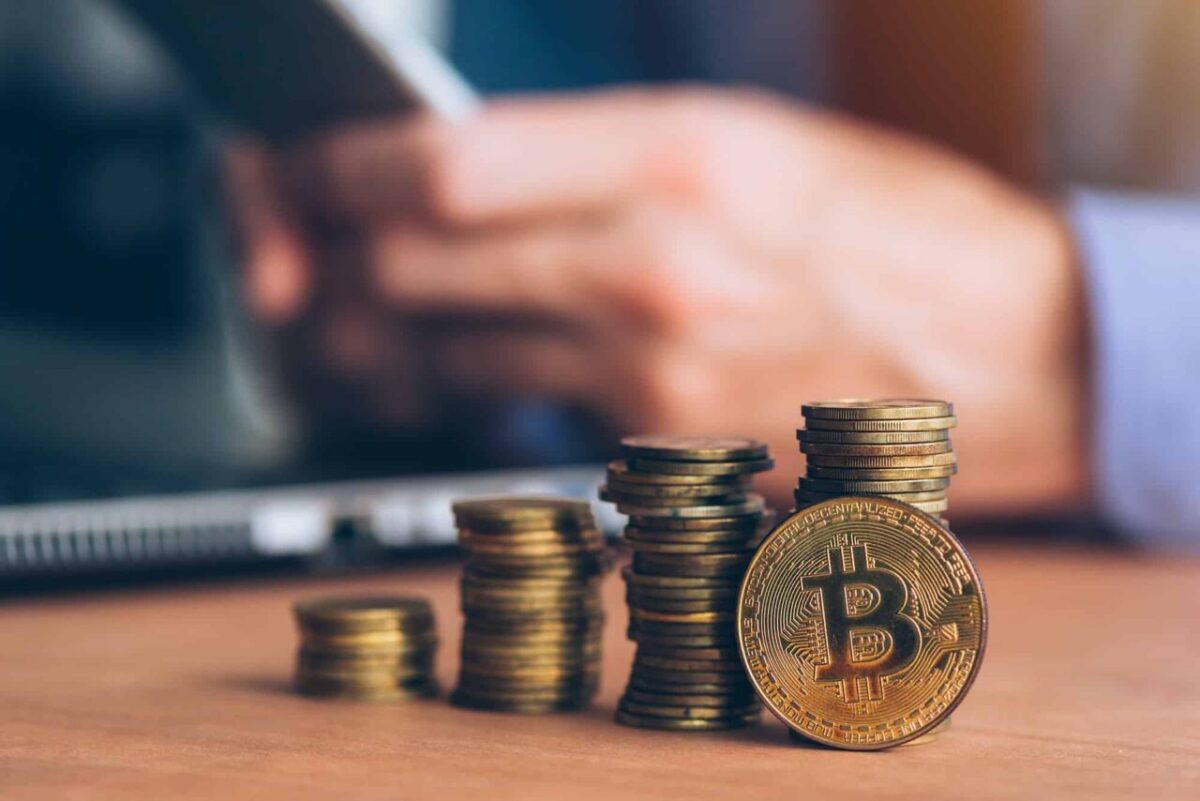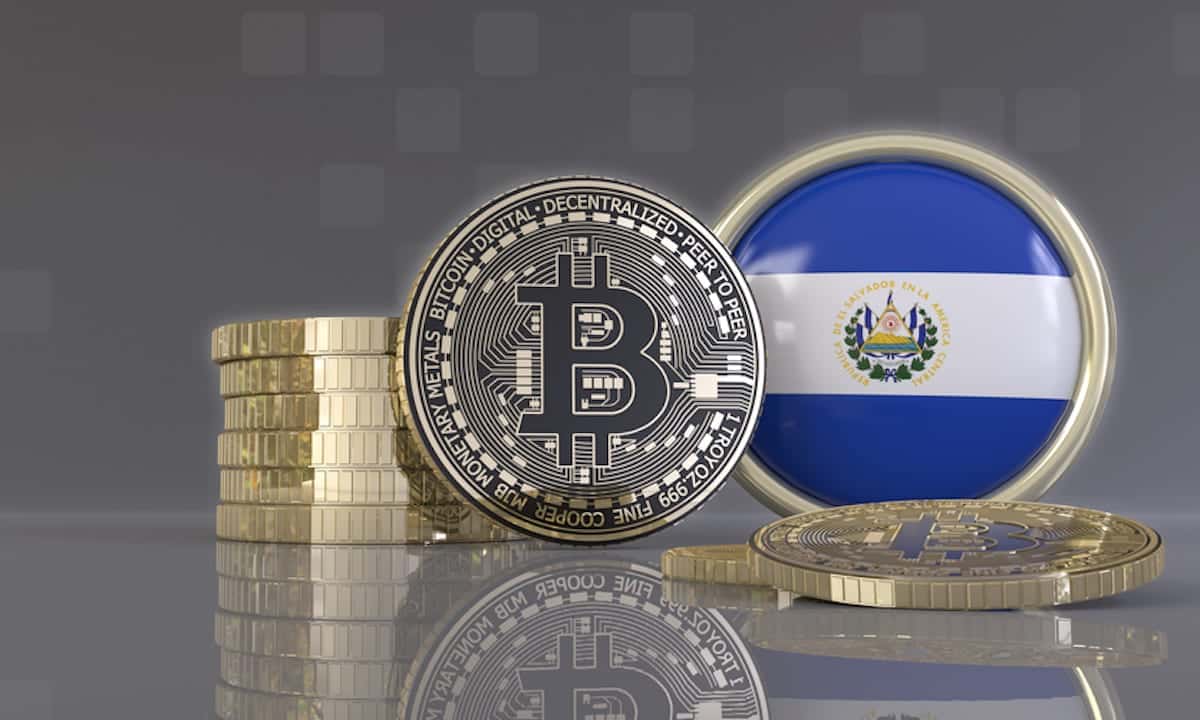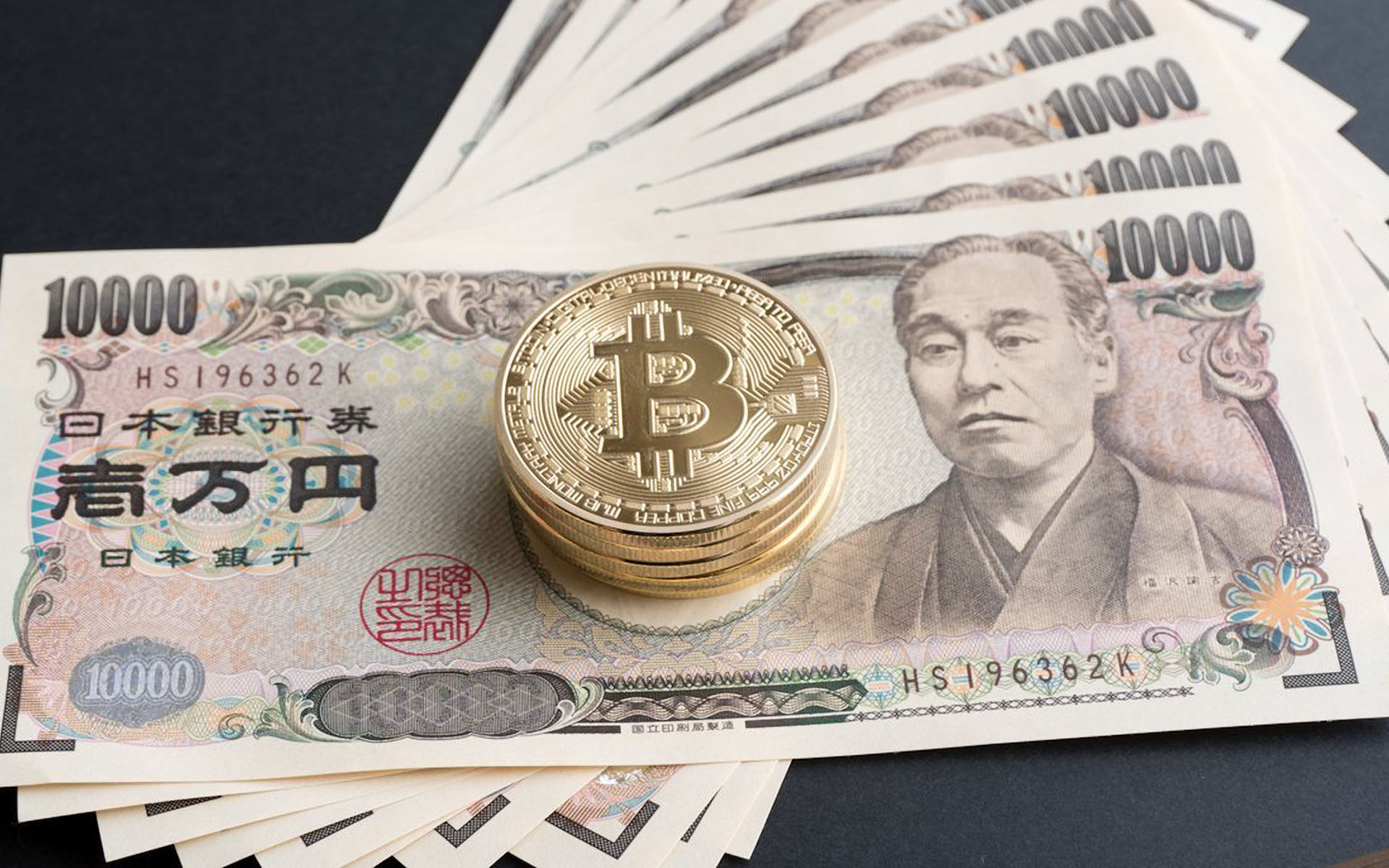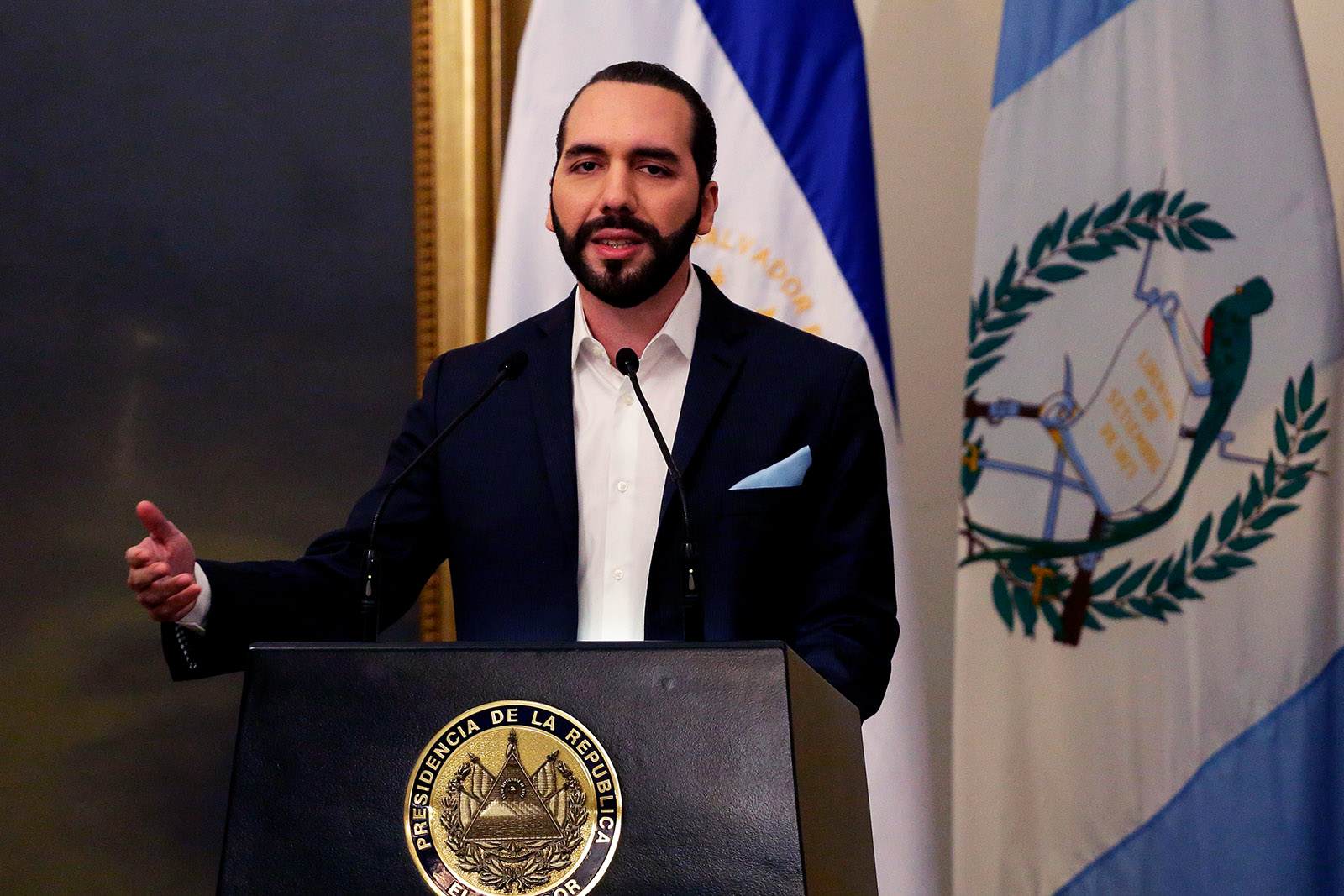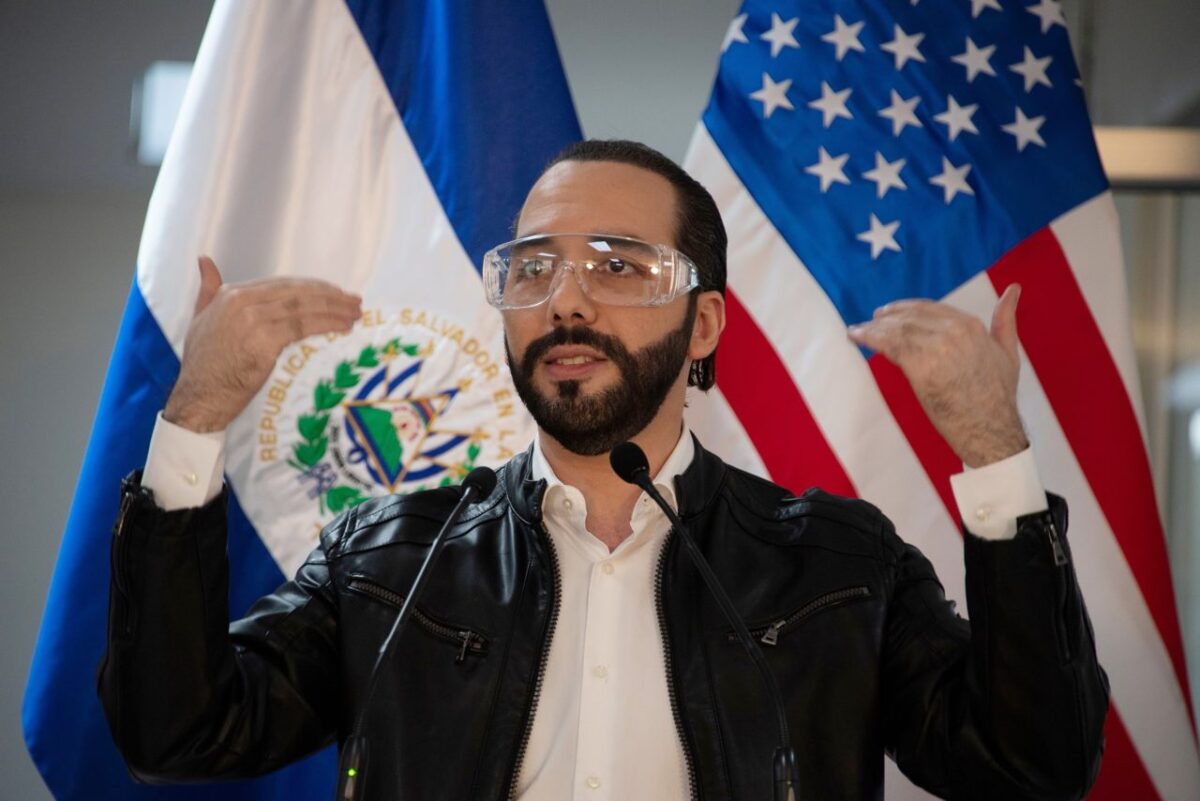El Salvador, the smallest country in Central America, became the first country in the world to use Bitcoin as a legal tender after being adopted by the El Salvador Legislative Assembly in 2021.
El Salvador’s congress approved President Nayib Bukele’s resolution to make Bitcoin a legal currency in June last year. Nayib Bukele, a tech-savvy millennial who had been a proponent of the digital currency’s adoption, believed that cryptocurrency would make it faster and cheaper to get remittances from abroad. He also argued that cryptocurrency could free the indebted nation from the grip of the traditional global financial system. The acceptance of Bitcoin as a legal tender in the country will allow the usage of digital currency in any transaction, from buying a pizza to paying taxes.
Reaction to El Salvador’s decision to adopt Bitcoin as legal tender:
The aggressive move, primarily supported and celebrated by the global Bitcoin community, has attracted more skepticism at home and in the traditional financial world amidst concerns that it could invite instability and undue risk to the country’s fragile economy.
Meanwhile, in El Salvador, many viewed the decision with distrust and confusion. They were scared that the volatility inherent to virtual tokens could be dangerous for the economy — and their savings. Moreover, international financial bodies, such as the World Bank and the International Monetary Fund (IMF), maintained that adopting Bitcoin could make the country vulnerable to money laundering and other illicit financial activity.
Salvadorans ditch national bitcoin wallets:
A year after the bitcoin’s adoption, economic surveys have revealed that cryptocurrency was not used widely in El Salvador, mainly due to a lack of digital literacy. A study by the US National Bureau of Economic Research (NBER) revealed that 20% of people who downloaded Chivo (a digital wallet that the government launched to promote Bitcoin) did not use their $30 sign-on bonus, while 61% of Chivo users stopped using the Chivo app after spending their reward. Besides, only an estimated 20% of businesses accept payment in bitcoin.




